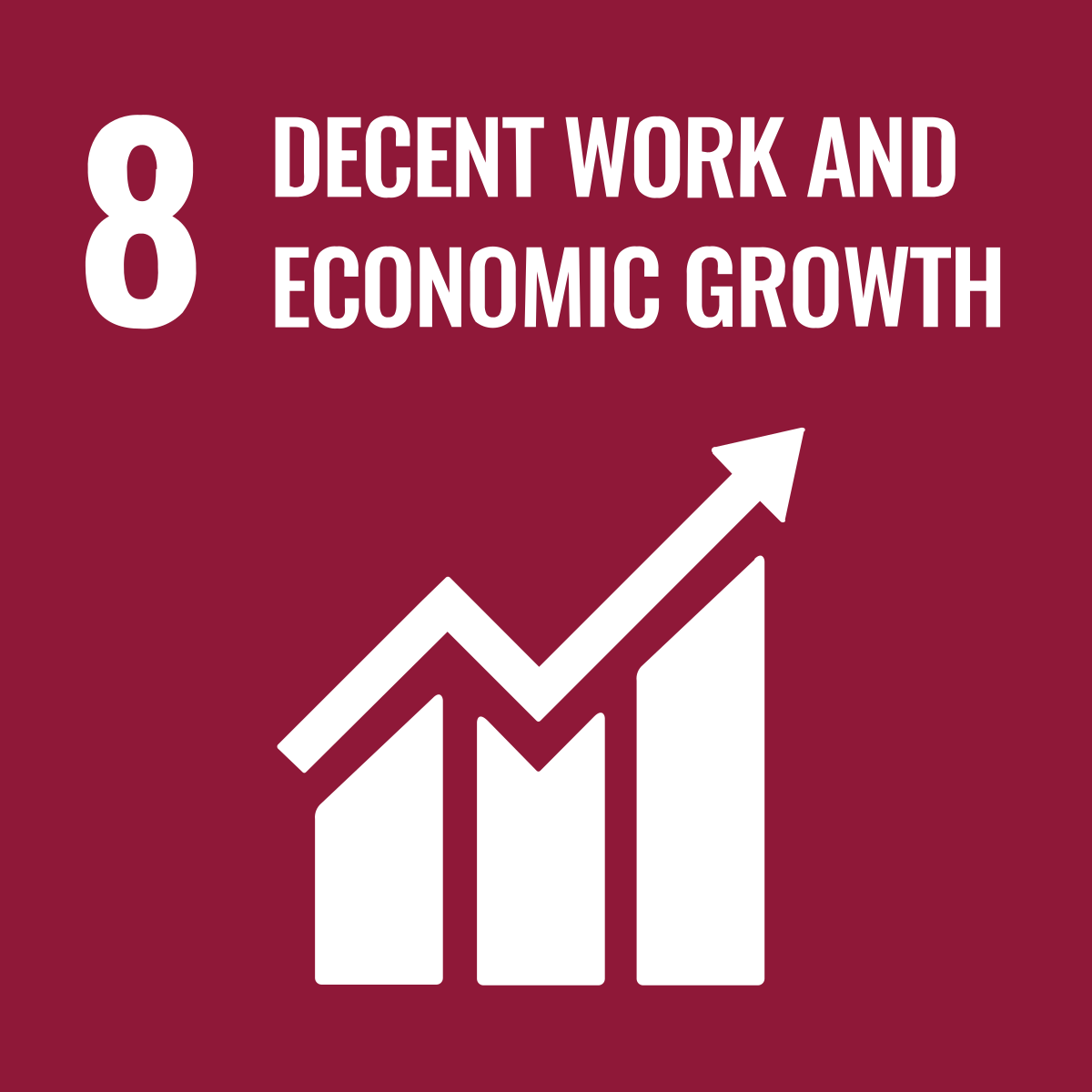The role of trade dumping in reducing investment opportunities for developing countries
DOI:
https://doi.org/10.56967/ejfb2020139Keywords:
investment opportunities, dumping trade, developing countriesAbstract
Dumping is one of the tools of trade policy, and it is one of the tools commonly used among countries in their international economic relations, even after the World Trade Organization banned it in its agreements, when it was established in 1995.
The anti-dumping process is the most dangerous weapon against the liberalization and obstruction of global trade, and with the persistence of this situation for long periods, it has become necessary to follow the anti-dumping policy in most countries, especially the developing countries and especially the Arab ones, to reduce the effects that may affect the process of commercial trading between countries. Coordination between the Arab and developing countries within the framework of the World Trade Organization, in addition to granting real powers to the dispute settlement body with an assessment and study of the degree of damage to balance it with the economic and social damages that affect the exporting country as a result of anti-dumping, as well as the harm affecting the importing country, so it is not fair to address The focus is on the damages of the advanced industrial countries only, and their neglect of what may befall developing countries, and with this research we will shed light on the experiences of some countries with trade dumping, and what caused it.
Downloads
Downloads
Published
How to Cite
Issue
Section
License

This work is licensed under a Creative Commons Attribution 4.0 International License.
This is an Open Access article distributed under the terms of the creative commons attribution (CC BY) 4.0 international license which permits unrestricted use, distribution, and reproduction in any medium or format, and to alter, transform, or build upon the material, including for commercial use, providing the original author is credited.






